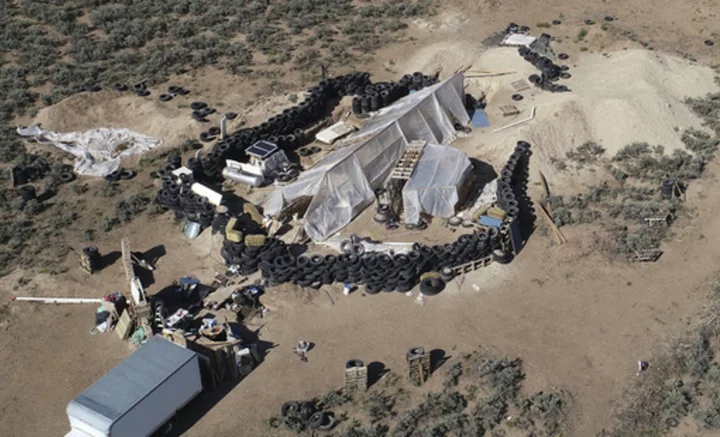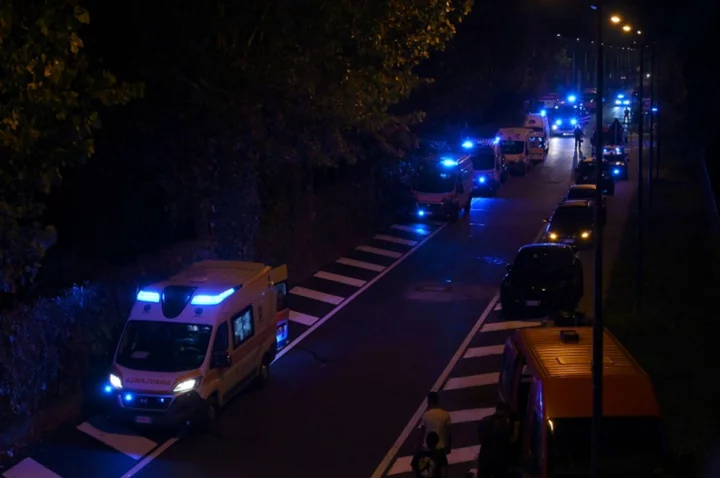The US government was on the verge of a shutdown Friday as Congress struggled to reach a deal to keep agencies running, prevent national park closures, and avoid the suspension of salaries for federal employees and military staff.
The closure, set to start after midnight Saturday (0400 GMT Sunday), would be the first since 2019 and appears increasingly inevitable, with lawmakers at an impasse on approving even a short-term spending bill.
The two chambers of Congress are deadlocked, with a small group of hardline Republicans in the House of Representatives pushing back against any stopgap measure that would at least keep the lights on.
On Friday, House Republicans unveiled a plan to extend funding until the start of November, but only if there were deep spending cuts of about 30 percent across the board, with exemptions in areas such as defense and disaster relief.
President Joe Biden's administration said in a statement that that he would veto this.
"They are breaking their word, abandoning the bipartisan deal that two-thirds of them voted for just four months ago," White House Press Secretary Karine Jean-Pierre said in another statement.
Office of Management and Budget director Shalanda Young said Friday it was up to hardline Republican lawmakers to resolve the impasse, telling reporters "there is still a chance" of avoiding a shutdown.
Republican House Speaker Kevin McCarthy, however, blames the Democrats, saying they are the ones blocking a solution.
- Park closures -
A shutdown would mean the majority of national parks -- from the iconic Yosemite and Yellowstone in the west to Florida's Everglades swamp -- would be closed to public access beginning Sunday.
Only areas that are physically accessible to the public will remain open with reduced services, according to the Department of the Interior.
These include the National Mall in Washington and Gateway National Park in San Francisco, alongside lookouts, campgrounds and trails.
"At National Park Service units across the country gates will be locked, visitor centers will be closed and thousands of park rangers will be furloughed," said a senior official.
With student loan payments resuming in October, officials also said Friday that key activities at Federal Student Aid will continue for a couple of weeks if a shutdown happened.
But prolonged closure could cause bigger disruptions.
- Credibility hit -
A shutdown places the world's largest economy at risk "unnecessarily," said White House National Economic Council director Lael Brainard on CNBC.
Risks include air travel delays, with air traffic controllers asked to work without pay, while households may be unable to access certain benefits, she added.
Treasury Secretary Janet Yellen warned a closure could also delay infrastructure improvements.
"In the immediate term, a government shutdown will only reduce GDP by 0.2 percentage points each week it lasts," said a report released Friday by think-tank the Center for Strategic and International Studies.
"However, halting critical trade functions of the United States will also undermine the United States' overall credibility as a commercial partner, impede ongoing negotiations, and hinder export control enforcement capabilities," the report added.
A State Department spokesperson called it crucial for Congress to reach a deal and support a request by the Biden administration for supplemental funding for Ukraine and other matters.
"Delays in being able to access these funds jeopardize the national security of the United States and cede the field to the PRC and Russia," the spokesperson said, referring to the People's Republic of China.
bur-bys/st









